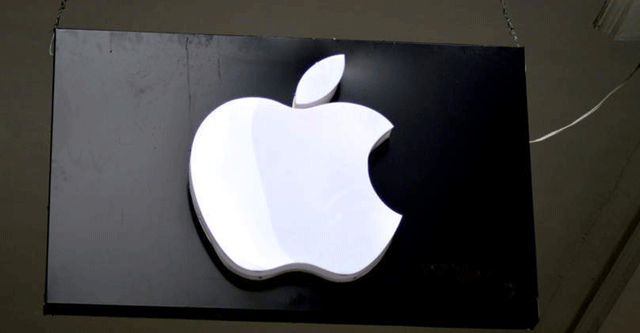
Apple wants CCI to quash antitrust case, experts say it may succeed

Apple has filed a response with the Competition Commission of India (CCI), with regards to an antitrust case around the commission it charges on purchases made on its App Store. In a response dated November 16, the company stated that its market share in the country is too low. “Without dominance, there can be no abuse,” said the company’s official response from its Chief Compliance Officer, Kyle Andeer.
Earlier this year, TWFS filed an antitrust lawsuit against Apple for its market practices with its App Store. The lawsuit alleged that Apple’s 30 percent commission against in-app purchases through its App Store raised costs for both app developers and customers, and also worked as a roadblock for small developers to market their services to users.
Shivani Dharnia, president of Together We Fight Society (TWFS), said that her organisation has already filed a rejoinder to Apple’s response with the CCI. TWFS is a Jaipur-based non-government organisation (NGO), and the complainant against Apple in its case with the CCI.
Talking to Mint, Dharnia said, “We have stated in our rejoinder that while Apple may not have a notable market share in licensable operating systems in India, it does have significant presence in India among non-licensable operating systems.”
“This (TWFS’ complaint against Apple) is also in tune with a past decisional practice of CCI -- in Case No. 39 of 2018 (Umar Javeed and others. v. Google),” Dharnia further added.
Apple’s response to the CCI also claimed that the lawsuit may have been a “proxy filing” -- an allegation that suggests that TWFS is acting “in concert with parties with whom Apple has ongoing commercial and contractual disputes globally and/or that have complained to other regulators.”
Responding to this, Dharnia denied such allegations, stating that Apple has not offered any proof to back up this claim. “We will respond to such a claim as required, when Apple offers any proof about it -- which it does not have,” Dharnia told Mint.
India has its own set of competition laws that govern market practices that take factors such as abuse of market power into account. “Under competition law, the question of abuse of unfair pricing can only be entertained if the entity in question is in a dominant position. The latter is not mere monopoly, but a function of several factors -- of which market share is a headlining factor,” Anisha Chand, partner at Khaitan & Co., told Mint.
“Apple has adopted the market definition in its defence, in which Google is the dominant player in India. Basis this, the challenge before the CCI is to adopt the right market definition -- if this investigation is to go forward,” Chand added.
“A previous case against Apple in 2016 was of bundling and tying its services, where the CCI had quashed the appeal -- stating that there was no need for an investigation as Apple’s market share in India was much smaller. Apple is likely to heavily rely on this case here, but it must also be cognisant to the fact that technology and Indian consumers have collectively changed and evolved since then,” Chand further added.
Explaining how the country’s existing legal framework may work in this case, Abhishek Singh Baghel, associate partner at DSK Legal, told Mint, “In case of the market of apps, if something is substitutable such as phone apps, then the market is looked at as a whole -- and not as a divided one depending on platforms.”

“I believe that the case against Apple is likely to be quashed. Section 3 and 4 of the Competition Act, 2002 largely state that if the overall market share is within 0-5 percent, then there is no appreciable adverse effect of competition in India, that comes with it.”
“At the end of the day, the CCI is a market regulator -- and their job is to protect the markets, and not govern how companies conduct their businesses. If there is no dominance, then the question of market abuse does not arise,” Baghel further added.
In Japan, the country’s Fair Trade Commission in September found the company’s App Store commission policy to be anti-competitive -- following which Apple announced a settlement that would allow apps with in-app purchasable items to include an external payment link in the country.
In October, the Dutch antitrust regulator also reportedly termed Apple’s App Store commission to be “unfairly monopolistic”. However, the case is still undergoing legal review, and its circumstances are yet to be put out in public.
In USA, Apple defended its App Store commission in its case against Epic Games, by reportedly stating that the commission acts as royalty paid by developers to use a uniquely secure platform that it has invested in, to develop.
